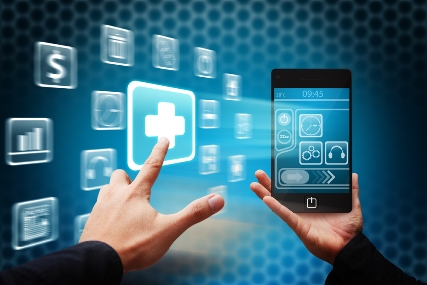The U.S. Food and Drug Administration (FDA) issued some guidelines in regards to some mobile apps that are currently available in download markets. Basically, it said that most medical apps don’t need regulation; however, some will.
The FDA will put into effect “enforcement discretion” under the Federal Food, Drug & Cosmetic Act for the majority of mobile apps “as they pose minimal risk to consumers,” the agency said in a media release.
Apps such as self-managing ones for health, like exercise and diet trackers fall into this category.
“Some mobile apps carry minimal risks to consumers or patients, but others can carry significant risks if they do not operate correctly,” Jeffrey Shuren, MD, director of the FDA’s Center for Devices and Radiological Health, said in a statement. “The FDA’s tailored policy protects patients while encouraging innovation. Our mobile medical app policy provides app developers with the clarity needed to support the continued development of these important products.”

image via shutterstock
The FDA listed 3 types of mobile applications that it will focus on. The document states:
- Mobile apps that transform a mobile platform into a regulated medical device and therefore are mobile medical apps: These mobile apps use a mobile platform’s built-in features such as light, vibrations, camera, or other similar sources to perform medical device functions (e.g., mobile medical apps that are used by a licensed practitioner to diagnose or treat a disease).
- Mobile apps that connect to an existing device type for purposes of controlling its operation, function, or energy source and therefore are mobile medical apps: These mobile apps are those that control the operation or function (e.g., changes settings) of an implantable or body worn medical device.
- Mobile apps that display, transfer, store, or convert patient-specific medical device data from a connected device and therefore are mobile medical apps.
“In general," the agency explained, "if a mobile app is intended for use in performing a medical device function (i.e. for diagnosis of disease or other conditions, or the cure, mitigation, treatment, or prevention of disease) it is a medical device, regardless of the platform on which it is run."
Last year, Float Mobile Learning gathered up some data that said 40 percent of doctors believe that using mobile apps for health, like ones that monitor fitness and eating habits can reduce the number of office visits needed by patients. Among technology and healthcare observers, consensus is growing that such apps will become an integral part healthcare delivery in the next few years.
Edited by
Ryan Sartor